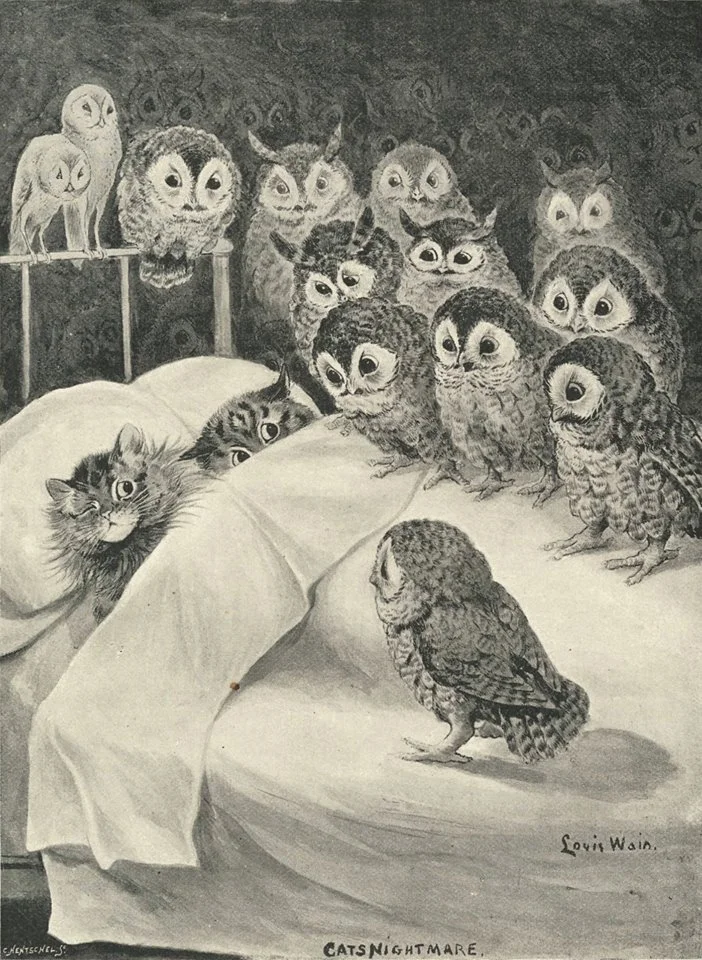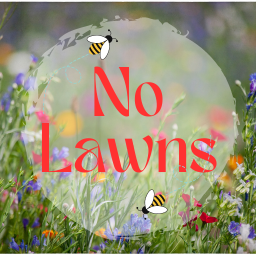Gardeners often don’t realize gardens make for great firefly habitat, helping to replace lost natural habitat. The common firefly — the Big Dipper firefly (Photinus pyralis) — readily takes to an organic habitat. The trick is to make your garden as inviting as possible for fireflies to take up residence.
Fireflies spend up to 95% of their lives in larval stages. They live in soil/mud/leaf litter and spend from 1-2 years growing until finally pupating to become adults. This entire time they eat anything they can find. As adults, they only live 2-4 weeks. Females that have mated successfully need a place to lay eggs. They will lay eggs in many spots, but gardens offer an oasis with a source of soil moisture good for larval development.
This is a Texas based organization, but many of the plants (or their close cousins) are found across the continent.
I live in Central Texas, and this list is a who’s-who of what’s in my yard. Inland sea oats and frostweed in particular are easy to grow and prolific, given how well they reseed, and they’re habitat for a ton of insects. Leaving portions of your yard undisturbed year to year is absolutely key to biodiversity though


